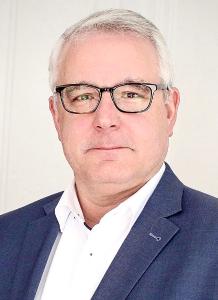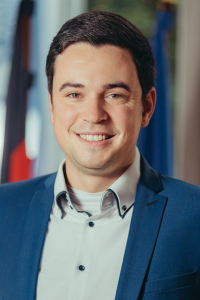Event
Details
The early Parliamentary Elections in November 2022 will take place about seven months before the regular election date. The reason for the new elections was the government's decision to cull the entire Danish mink population during the COVID-19 pandemic in order to prevent a mutation of the virus from spreading. Only afterwards did it emerge that there was no legal basis for the killing. The opposition party Venstre then gave the Prime Minister, Mette Frederiksen, an ultimatum to call new elections before the opening of parliament after the summer break, otherwise she would face a vote of no confidence. Frederiksen has been prime minister of a minority government of the Social Democrats since June 2019. In opinion polls, the so-called "red" centre-left bloc around Frederiksen and the "blue" centre-right opposition consisting of Liberals, Conservatives and three right-wing parties are almost tied with about 50 percent each. Among the 14 parties running for election, two are represented for the first time. One is Danmarksdemokraterna, chaired by former Immigration Minister Inger Støjberg. According to opinion polls, the party can expect about eleven percent of the vote, which would make it the fourth strongest party. The other is Moderaterne, founded by former Prime Minister Lars Løkke Rasmussen after he left the right-wing liberal Venstre. Their mandates could be decisive in the expected stalemate between the "red" and the "blue" bloc. However, Løkke Rasmussen announced that he would only support a cross-bloc government. Frederiksen also advocates a broad-based government "with parties from both sides of the political centre".
Who are the winners, who are the losers after the Parliamentary Elections 2022? What conclusions can be drawn from the new elections about the state of the political system in Denmark? Can a change in policy at national and European level be expected with a changed majority? What effects would a cross-bloc coalition have on Danish national and European politics?
The event "The Morning After - Denmark has voted" will take place on Wednesday, 02 November 2022 from 09:30-10:15 CET via Zoom. We look forward to discussing the above-mentioned topics with our colleague Gabriele Baumann, Director of the KAS Nordic Countries Project. After the conversation between Ms Baumann and Dr. Hardy Ostry, Director of the European Office of the Konrad-Adenauer-Stiftung, the audience will have the opportunity to contribute their questions to the discussion. The event will be held in Germanand will also be simultaneously translated into English.
For registration, please use the following LINK.
We look forward to your participation!
Here you will find the program for download: Programme 22-11-02 The Morning After (Denmark).pdf




